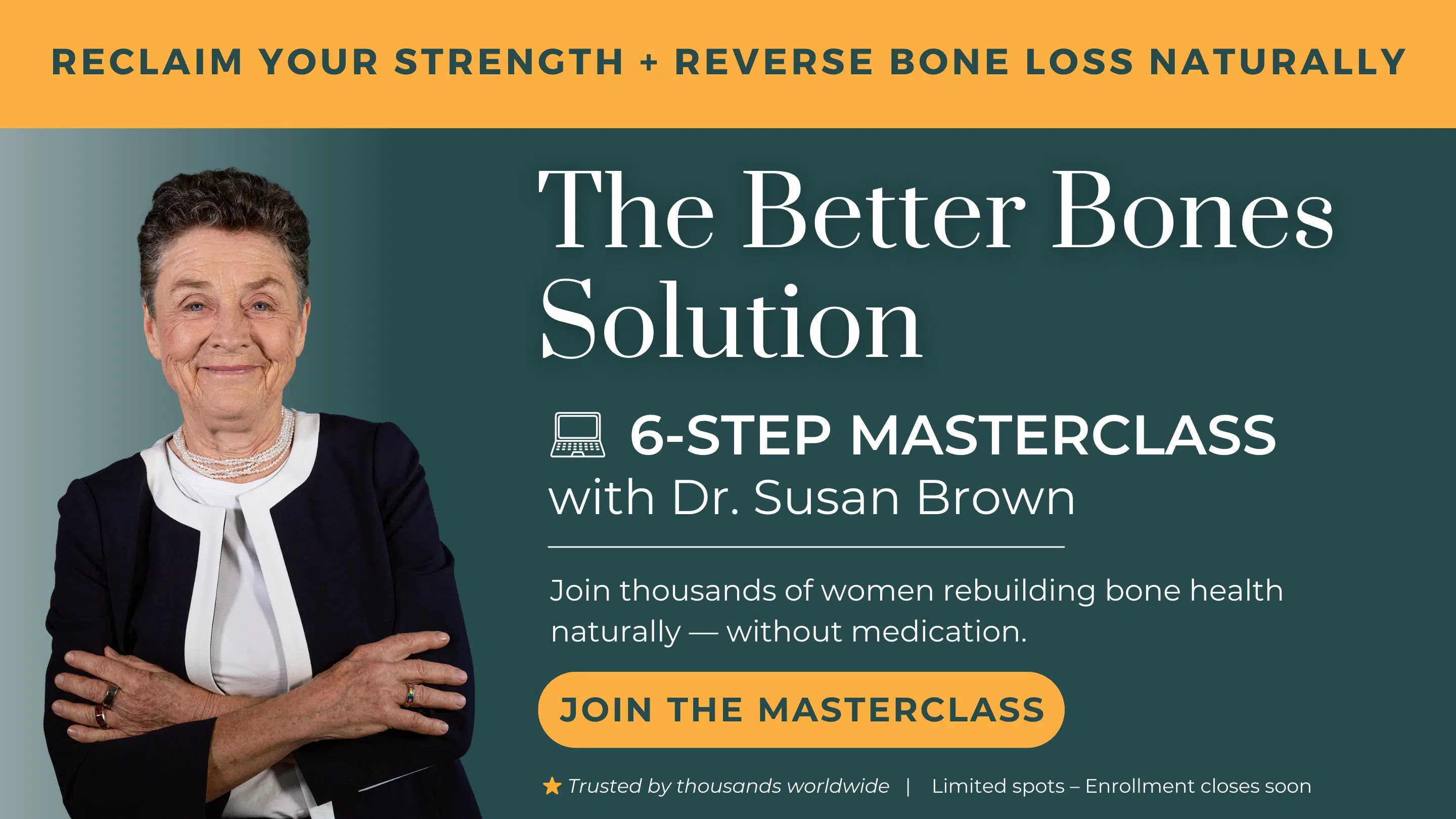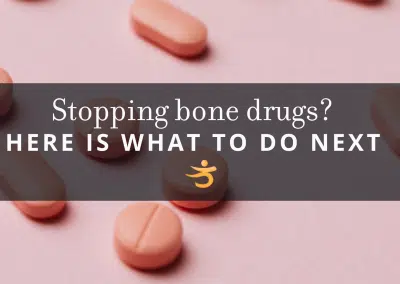
We’ve unwittingly created a world where — every day — nutritional, lifestyle, emotional and environmental factors are fueling chronic inflammation that is taking a heavy toll on our bones. Reado on to learn how you can decrease inflammation
I know it can seem a bit overwhelming. But instead of feeling helpless, I encourage you to remember that you have the power to make changes that will make a real difference. Step by step, you can give your bones exactly the support they need in order to last your entire lifetime — as they are meant to do.
Here are four Better Bones keys to turning off inflammation:
1. Limit pro-inflammatory foods, such as:
• Saturated fats, beef products, and dairy (especially if intolerant to dairy).
• Sugar, high fructose corn syrup, and artificial sweeteners.
• White flour and all refined grains, and other refined carbs.
• Trans fats, and rancid and over-heated oils.
• Excess alcohol, preservatives and artificial additives.
• Any food to which you are allergic or intolerant.
2. Increase anti-inflammatory food intake to decrease inflammation:
• A wide variety of fresh, whole plant foods high in anti-oxidant flavonoids.
• Daily consumption of green leafy vegetables, onions and garlic.
• Eat 2 cups of vegetables for lunch and 2 cups for dinner.
• Eat 2-3 servings of fruits a day, especially berries.
• Eat 2-3 servings of nuts and seeds daily.
• Liberal use of herbs and spices such as turmeric (containing curcumin), cumin, coriander and ginger.
• Use fish, beans, eggs and lean meats as protein sources.
• Eat high fiber foods totaling at least 25 grams of fiber a day.
• Drink green tea, ginger tea and nettle tea as anti-oxidant beverages.
3. Develop an anti-inflammatory, life-supporting lifestyle:
• Reduce toxic exposure (chlorinated drinking water, smoking, excessive alcohol intake, heavy metal and toxic chemical exposure)
• Get adequate sleep (7-8 hours each night). Lack of sleep is pro-inflammatory.
• Control weight (excess fat becomes an endocrine organ that emits inflammatory factors which enhance osteoclastic bone breakdown)
• Control blood sugar and insulin (both of which are inflammatory when high).
• Exercise at least 30 minutes per day, outdoors when possible.
• Consider practicing mindful exercise, such as t’ai chi which reduces DNA-damaging oxidative stress. Set aside 15-20 minutes a day for meditation or silent contemplation.
4. Supplement with key anti-inflammatory and antioxidant nutrients as needed to decrease inflammation.
These are the nutrients that send signals to the immune inflammation turn-off switches and control free radical damage:
• Omega-3 fats.
• Antioxidant vitamins (vitamins A, C, E, D, K2).
• Carotenoids (as lycopene, lutein) and flavonoids (as quercetin, kaempferol, epigallocatechin and rutin) Co Q 10.
• Lipoic acid.
You can have access to a powerful antioxidant formula, with a powerful anti-inflammatory effect. The Super Antioxidant is designed to help protect against damaging oxidative stress and support connective tissues, including healthy bone. Learn more about the Better Bones Program.
References:
Barbour, K. E., R. Boudreau, M. E. Danielson, A. O. Youk, J. Wactawski-Wende, N. C. Greep, A. Z. LaCroix, R. D. Jackson, R. B. Wallace, D. C. Bauer, M. A. Allison, and J. A. Cauley. 2012. Inflammatory markers and the risk of hip fracture: the women’s health initiative. Journal of Bone and Mineral Research 27(5):1167–1176.
Lucas, R., E. Ramos, A. Oliveira, T. Monjardino, and H. Barros. 2012. Low-grade systemic inflammation and suboptimal bone mineral density throughout adolescence: a prospective study in girls. Clinical Endocrinology 77(5):665–671.








